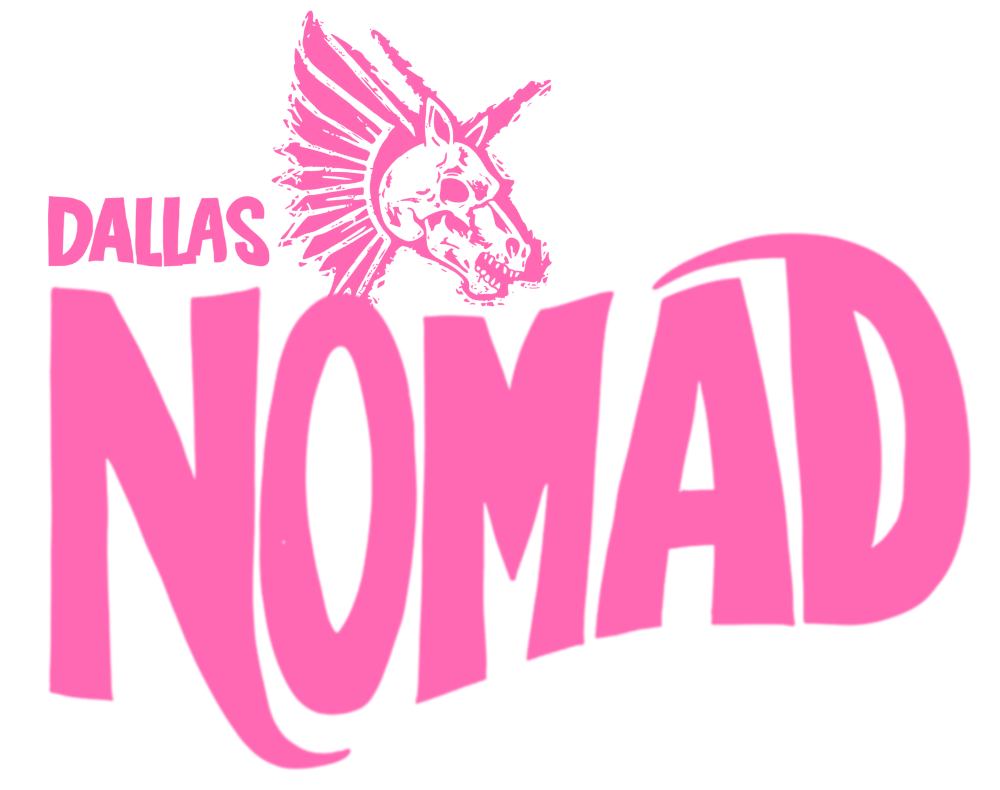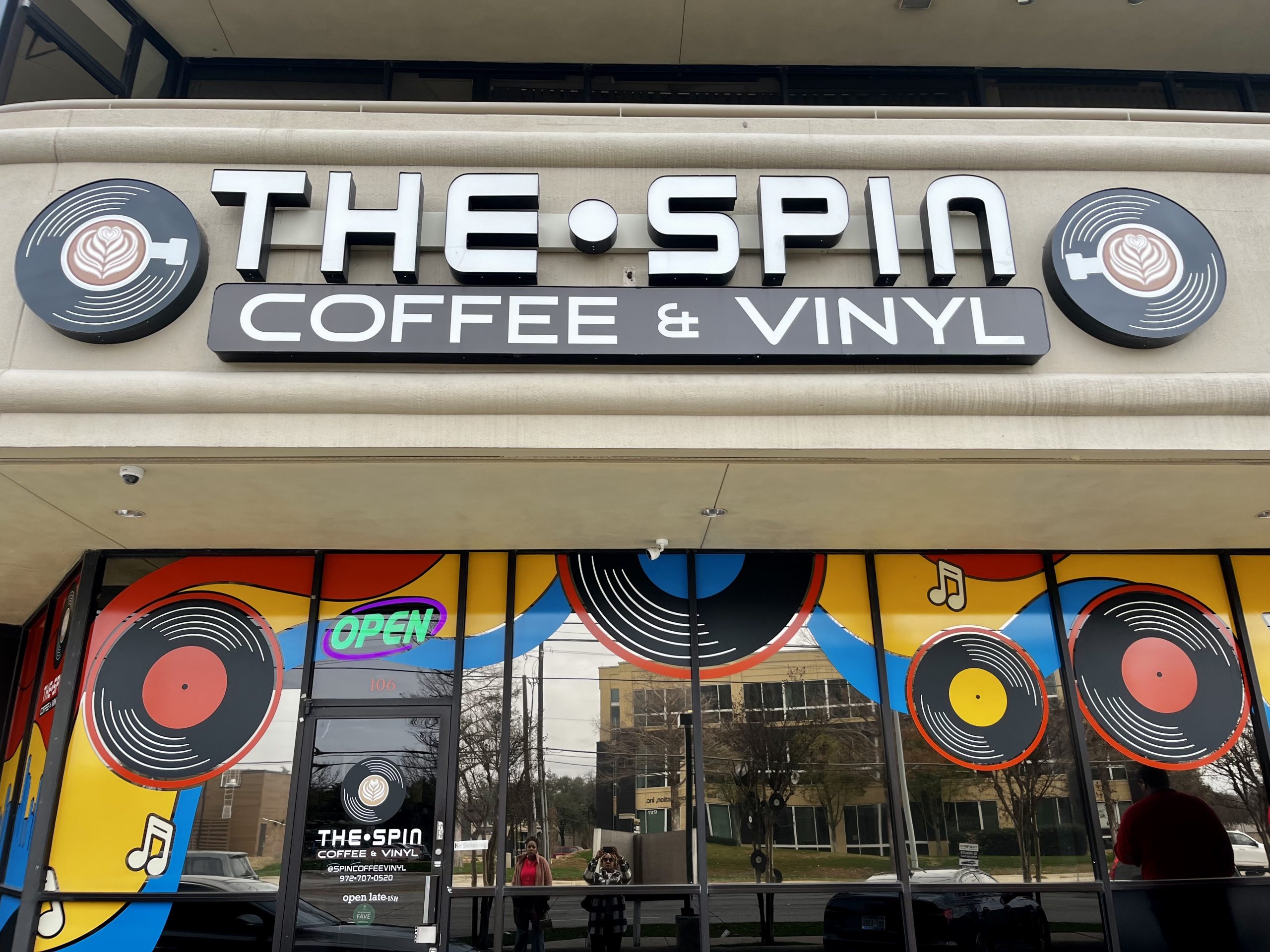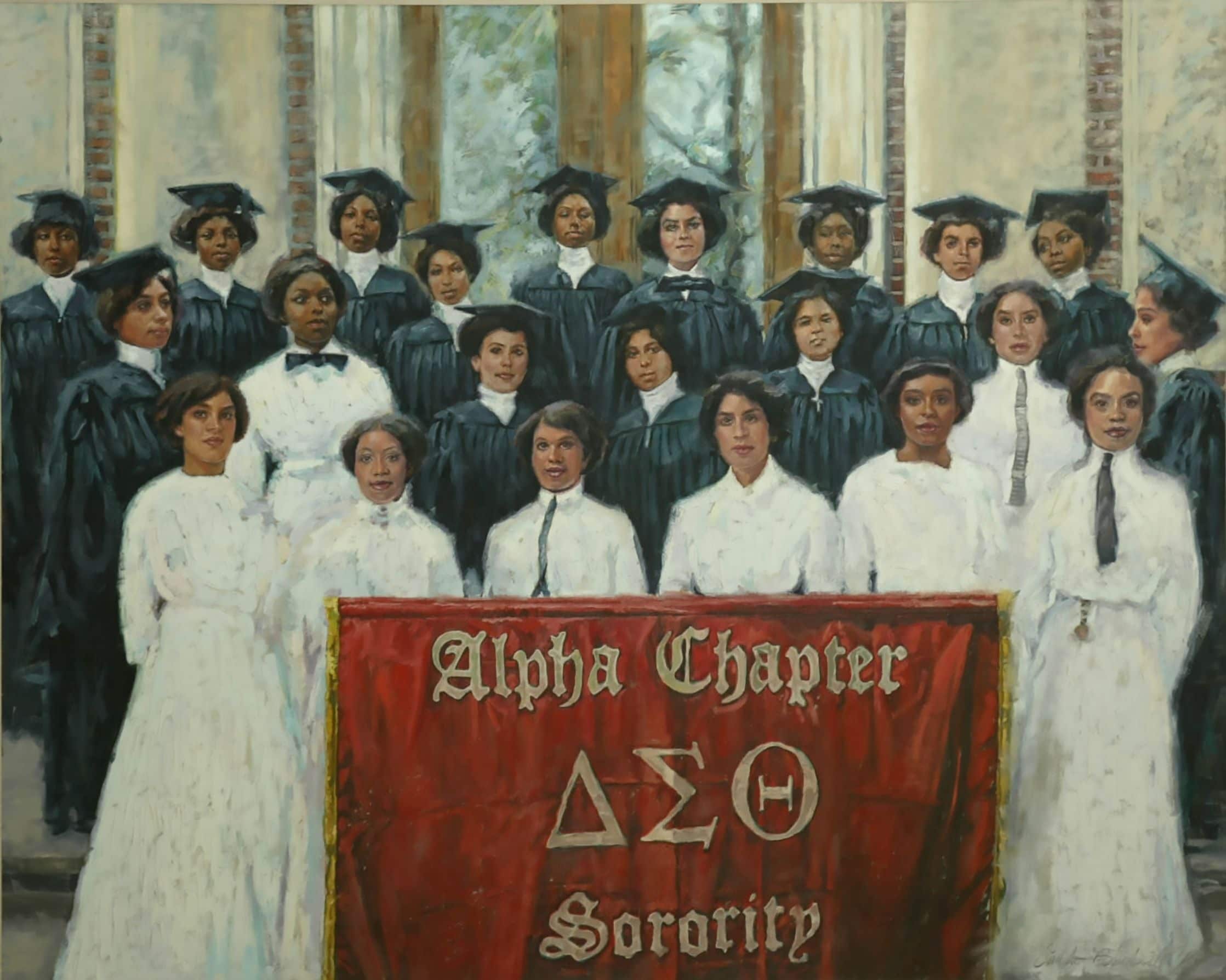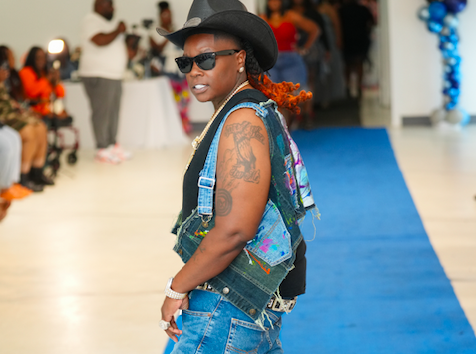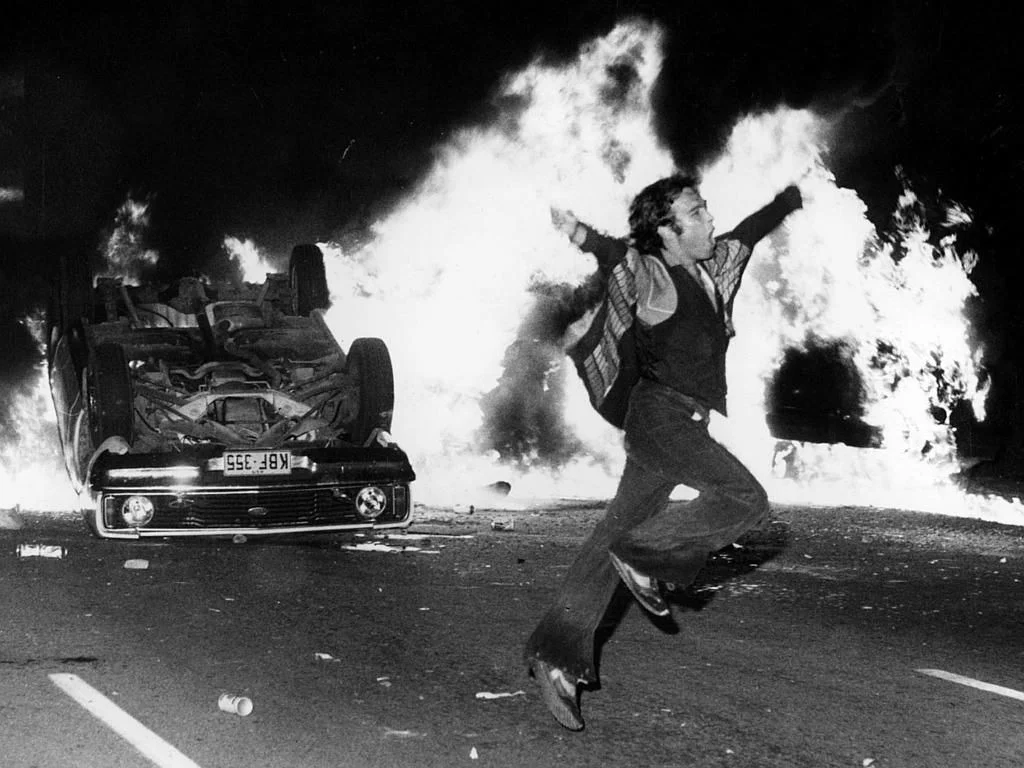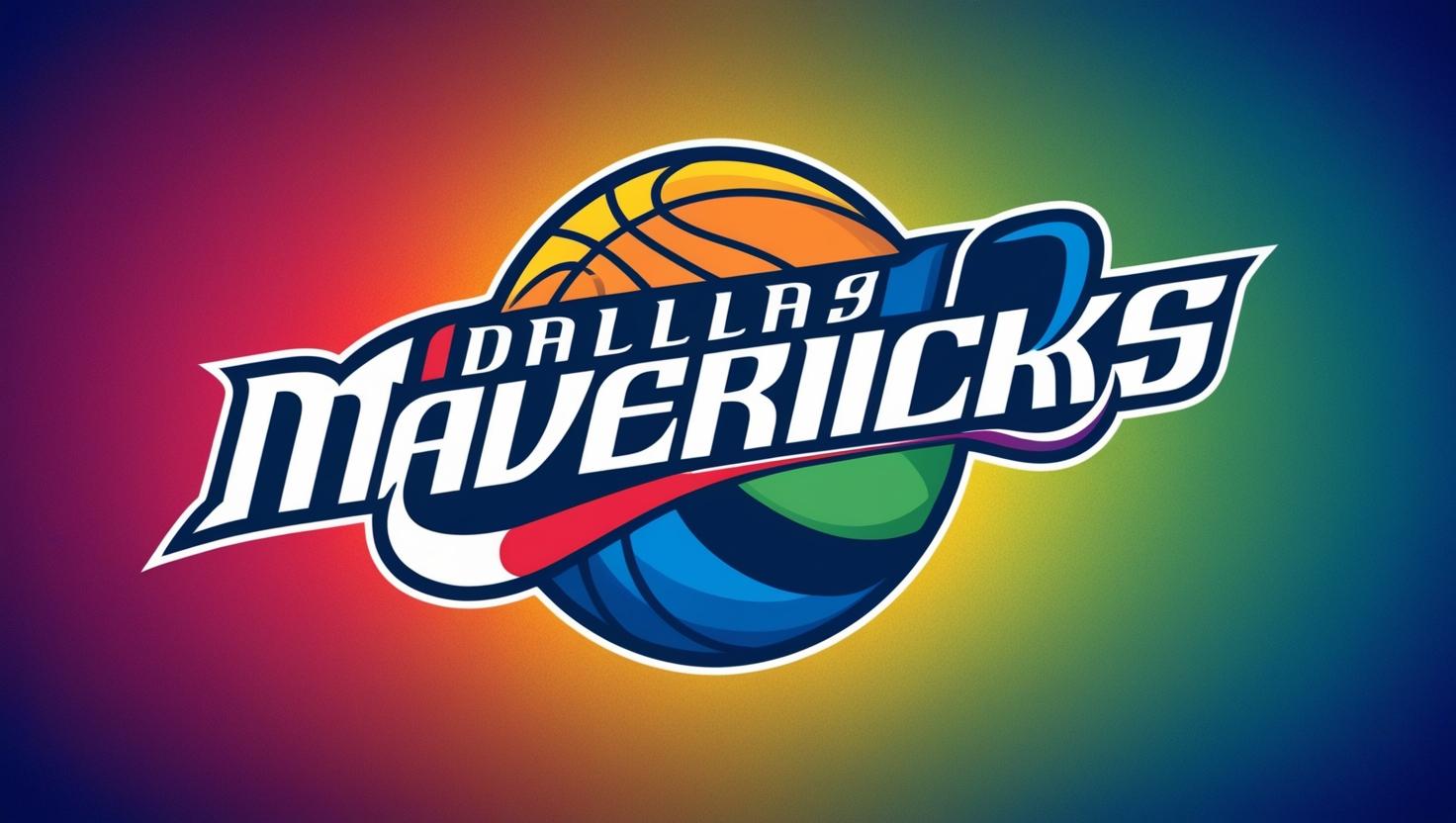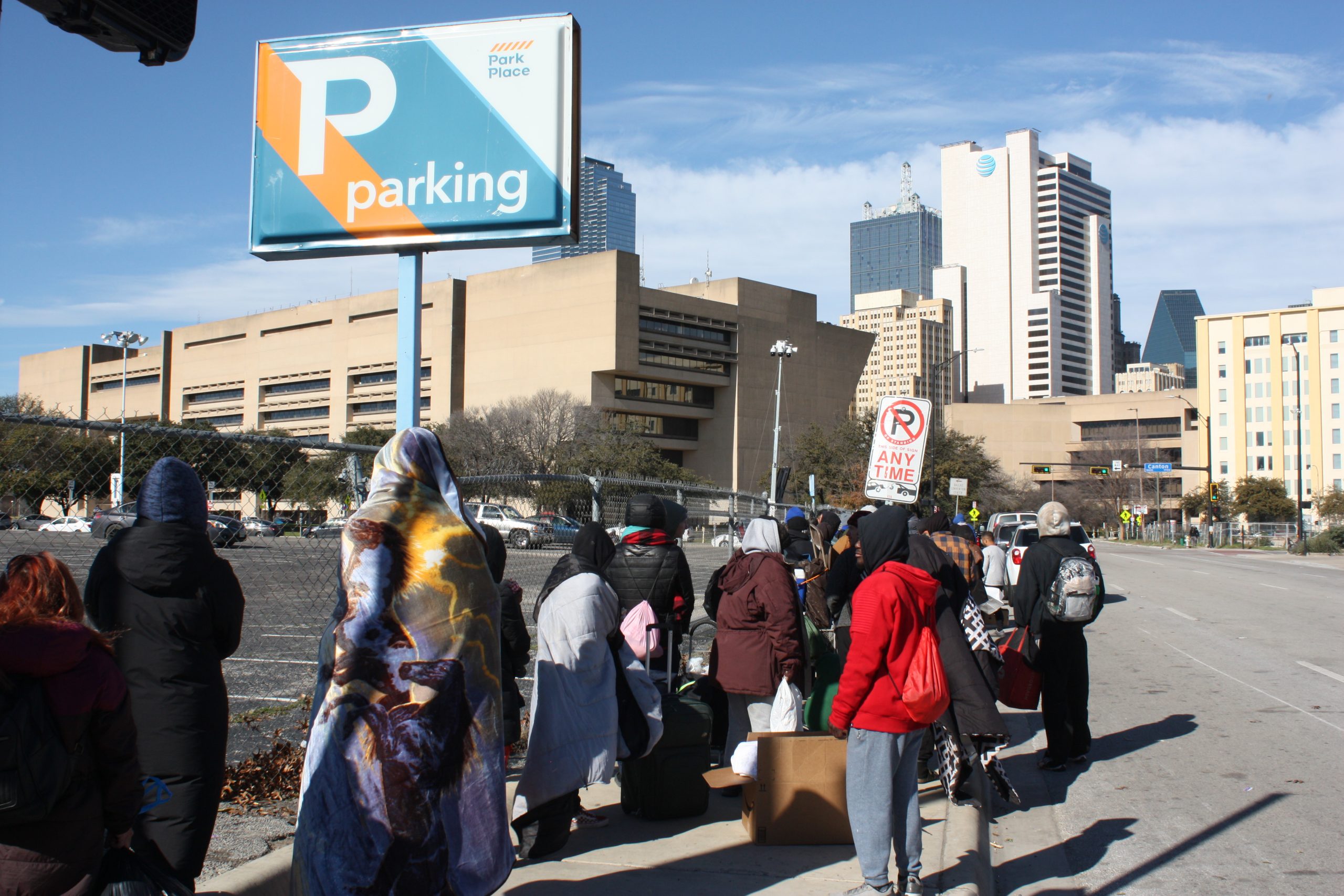The Whitewashing of Cowboy Culture: Setting the Record Straight
From its roots in Black resistance to its modern-day evolution, cowboy culture owes a profound debt to the ingenuity
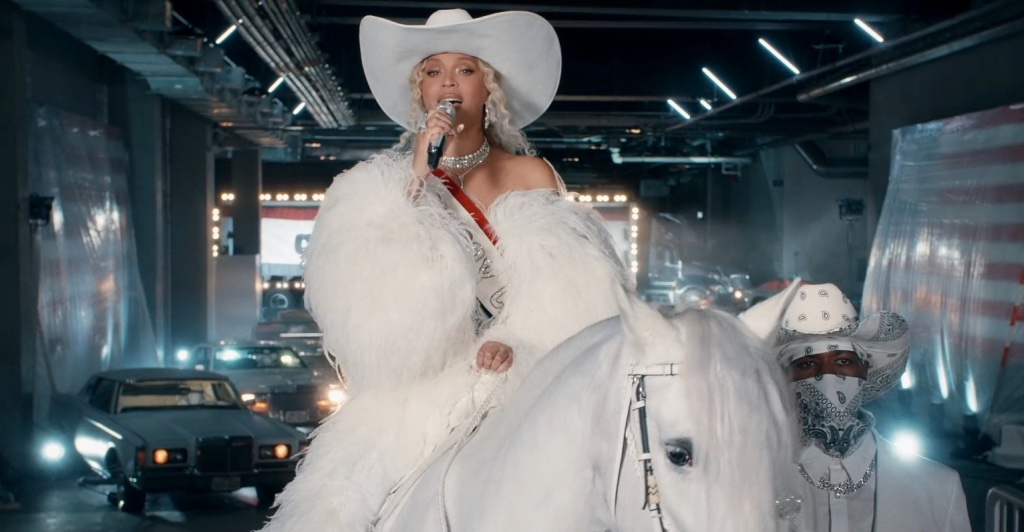
Do we truly understand the meaning of the word “cowboy”? More importantly, do we know its origins and the way it was used to separate white men from Black men? For Black men, being a cowboy was often a step up from slavery. However, the “boy” in “cowboy” was a deliberate way to keep Black men in their place, regardless of their age. While the term has been glorified throughout American history through folktales, books, movies, and merchandise, its dark past is largely overlooked, allowing white Americans to claim it as their own cultural legacy.
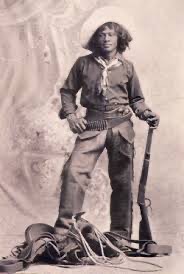
According to an article by Rancho Los Cerritos titled “Black on the Range: African American Cowboys of the 19th Century,” white cowboys were originally referred to as “cowhands,” while African Americans were derogatorily called “cowboys.” This ties back to the plantation system, where Black men were demeaned by being called “boys.”Now, a term that was once a tool of disrespect toward Black men has been whitewashed to symbolize rugged independence and heroism of mostly white men, essentially erasing the contributions of Black cowboys from history.
While cowboy life was the price for freedom from slavery, it wasn’t easy. Many famous Black cowboys began as slaves who used their skills to achieve remarkable success. Take Nat Love, for instance. His talent for roping livestock and his skill on horseback earned him the nickname “Deadwood Dick” after winning a rodeo competition in Deadwood, South Dakota. Despite the freedom cowboy life offered compared to enslavement, it’s important to note that much of what is glorified about cowboy culture, its rugged and rough lifestyle, stemmed from the grueling labor Black cowboys performed. As such, Black Cowboys often took on the “low-level” jobs that white cowhands refused to do.
“When cowboy life became mainstream, white men shifted from being overseers to actively participating in the lifestyle,” said Andrew Hosley of the Compton Cowboys of Compton, California. Pointing out the hardships that Black men experienced in the beginning of cowboy life, Hosley shared the history of how, once slavery ended, some former slaves stayed back and worked as day laborers. “Ranches are always going to need a couple guys that know how to work on the farm and tend to cattle. That’s still, to this day, a practice that is being done in cowboy life,” he added.
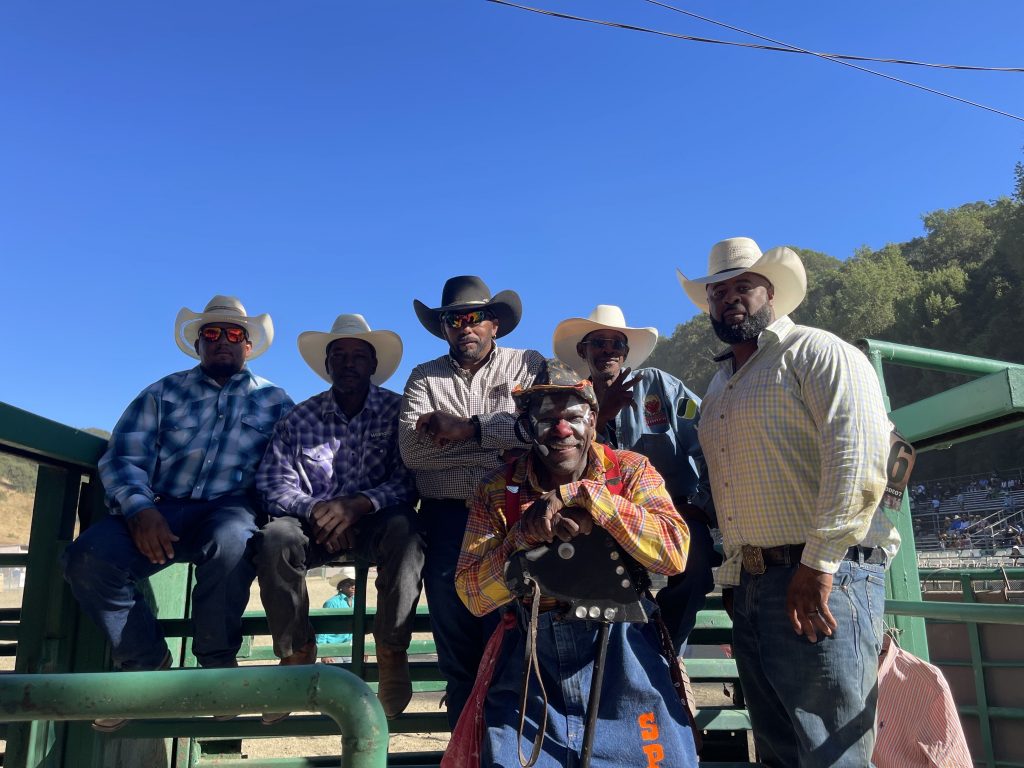
“Still to this day, you have big outfits where guys live and work on ranches. For example, some of my nephews work on a ranch that produces rodeos and events, like Frontier 101 and Flying U. They’ve been there for years, running the ranch and working hard every day to keep everything calibrated and running smoothly,” said Andrew.
The innovators of cowboy culture were Black men. Andrew spoke about Bill Pickett, who is credited with inventing “bulldogging,” now commonly known as steer wrestling, a popular rodeo event. This year marks its 40th anniversary, and Andrew is one of the cowboys participating in the show.
When cowboy life became mainstream, white men shifted from being overseers to actively participating in the lifestyle.
-Andrew Hosley, Compton Cowboys
He also highlighted a modern-day cowboy, Shad “Money” Mayfield. “He won the all-around title. That’s the guy that makes the most on any circuit all year long. He’s the reigning king of rodeo right now. And he wasn’t the only Black guy that was involved. There was, you know, two or three other Black guys that were, you know, a part of that rodeo going down to the best 15 guys in the world, and we were represented there.”
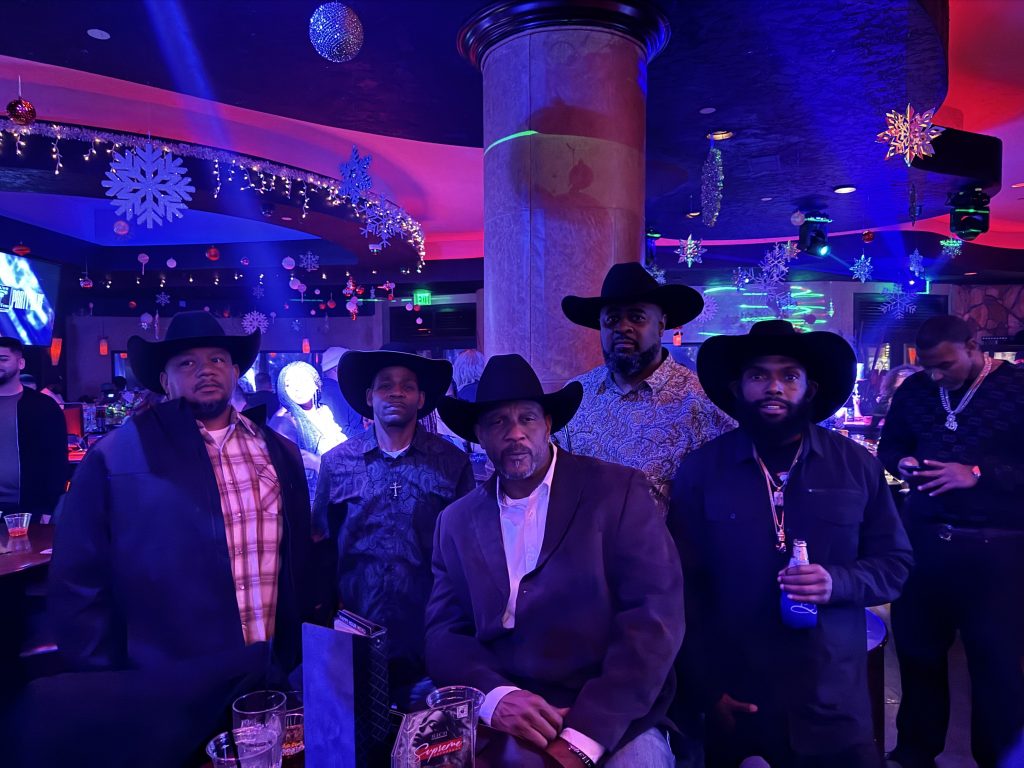
A striking example of the whitewashing of cowboy culture can be seen in Beyoncé’s experience. Just recently, when Queen Bey performed at the halftime show for the Houston Texans football game on Christmas Day, her performance garnered over 27 million views, far surpassing the 6 million views for the CMA Awards, which had recently come under fire for what many believed was a snub directed towards the singer. Still, despite her success, Beyoncé faced immense criticism and disrespect for her country-inspired album COWBOY CARTER. From her outfits to her songs, many people who claim country and cowboy culture as their own dismissed her work as not being “country enough.” But, this criticism, ironically enough, is rooted in the same biases she faced at the start of her career when people mocked her for being a “country bumpkin” from Texas who “talked slow.”
The inspiration for COWBOY CARTER dates back to Beyoncé’s performance of “Daddy Lessons” with The Dixie Chicks at the 50th Annual CMA Awards. Despite the performance giving the show its highest ratings ever, the CMA removed the video from their platforms following racist and disrespectful comments. Instead of standing by their decision to feature her, they caved to public backlash, exposing the anti-black sentiment that exists in the country music industry.
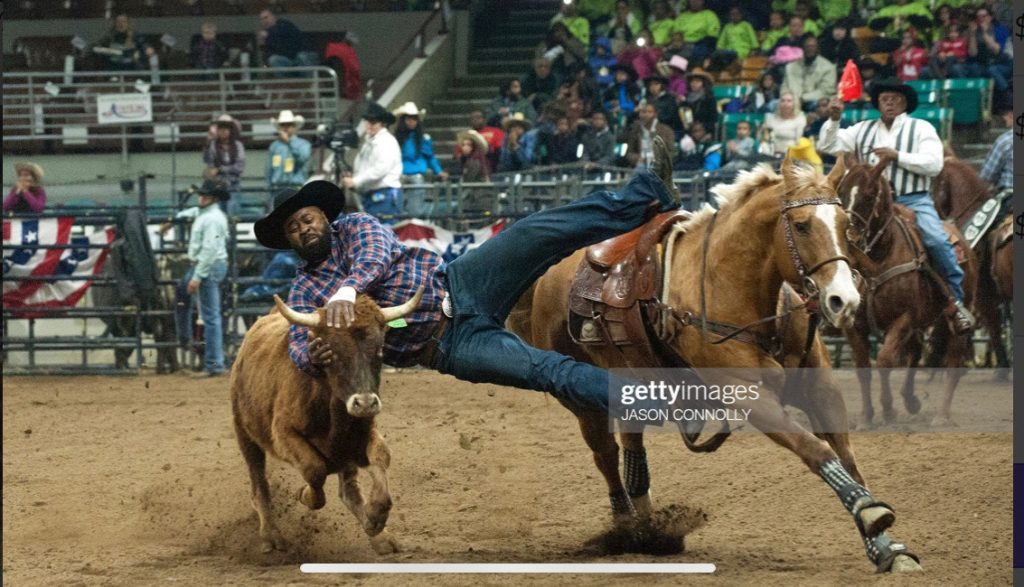
Even with endorsements from legendary country artists like Dolly Parton, who granted Beyoncé permission to remake her iconic song “Jolene,” white audiences continue to undermine Black contributions to cowboy and country culture. Beyoncé’s rendition of the Beatles’ “Blackbird” is another example. Paul McCartney himself praised her version, calling it “magnificent” and highlighting its ties to the civil rights movement. Yet, even with such a powerful endorsement, the song faced criticism from those unwilling to acknowledge the role of Black artists in genres they perceive as “theirs.” This backlash reflects a broader issue: the inability of many white fans to accept that Black artists are rediscovering and reengaging a genre whose roots can be traced back to Black Americans, and can authentically represent country music.
“If I want to make money, I do trap music. But if I want to break barriers, I do country music,” said music producer Kandon Phillips, sharing his perspective on how country music acts as a gatekeeper. He explained that the industry would rather promote a Black artist “tatted up, rapping about street life” instead of embracing a Black artist performing country music. “Because they know that formula, and they can sell it. A&Rs [artist and repertoire] are not looking for the next Black country artist. They’re looking for, you know, what they can reproduce over and over again.”
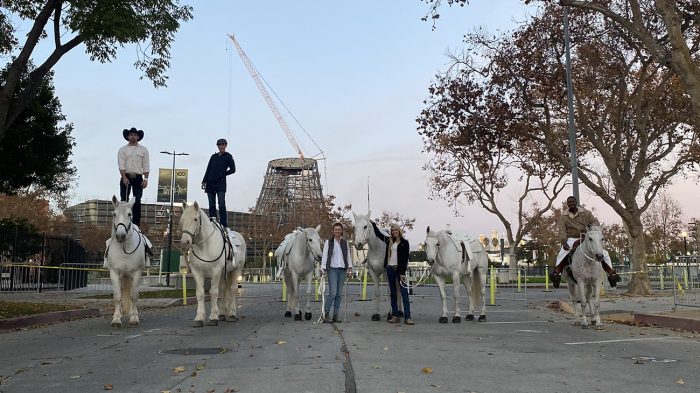
Kandon also highlighted Shaboozey, an artist who has put in the hard work and stayed true to himself, breaking records but not receiving the accolades he deserves. “The records that he broke, but he got money. He got paid. He’s got recognition, but he won’t receive the accolades.” Kandon noted that Shaboozey hasn’t been recognized at the Country Music Awards or the Grammys for his number-one hit, Bar Tipsy. He suggested that, like many Black artists who have broken records but gone unacknowledged, Shaboozey may not get his due credit until decades later.
Black Americans have played a pivotal role in shaping cowboy culture and country music. Black people have been shaping and molding the trends and lifestyle of being a cowboy, redefining the narrative and leaving behind the negative connotations of the word “cowboy” to fully embrace it in today’s time.
